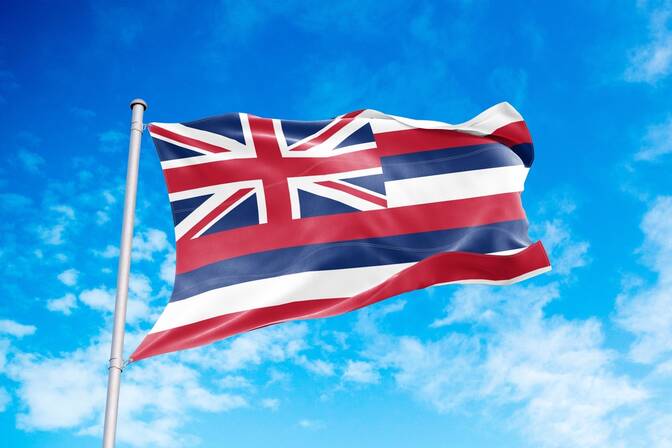National Hawaii Day
July 5, Sunday

Why July 5?
Although Hawaii became the 50th state of the USA on August 21, 1959, National Hawaii Day was established later as part of the "National State Days" series as a symbolic day to honor the state. The date July 5 was chosen by the project organizers as independent from other official holidays and suitable for summer celebrations of Hawaii.
Brief history of Hawaii
* The Hawaiian Islands were settled by Polynesians more than a thousand years ago.
* In the 19th century, the Kingdom of Hawaii existed and was recognized internationally.
* In 1893, the monarchy was overthrown with the involvement of American businessmen and military.
* In 1898, Hawaii was annexed by the USA, and in 1959 it became the 50th state.
What is celebrated on this day? National Hawaii Day is an opportunity to:
* get acquainted with Hawaiian culture: music, hula dance, mythology
* try traditional dishes such as poke, kalua pork, lau lau
* recall Hawaiian history, including the complex stages of its relations with the USA
* appreciate the beauty of Hawaiian nature: volcanoes, beaches, forests, and ocean
* recognize the contribution of native Hawaiians and their heritage to modern America
How is the holiday celebrated?
The celebration is usually accompanied by:
* Hawaiian parties (luau)
* musical performances with ukulele and traditional singing
* culinary masterclasses
* stories about Hawaiian history and culture in media and social networks
* exhibitions of crafts, clothing, and jewelry
Interesting facts about Hawaii
* Hawaii is the only US state with two official languages: English and Hawaiian.
* It is the most isolated inhabited archipelago in the world.
* There are no snakes in Hawaii, and importing them is prohibited.
* The ukulele, although associated with Hawaii, was adapted from a Portuguese instrument.
Where is it celebrated?
Although the holiday is not an official day off, it is celebrated in Hawaii itself and on the US mainland — especially among those connected to the islands by origin, culture, or interest. Themed events often take place in schools, museums, restaurants, and communities.
